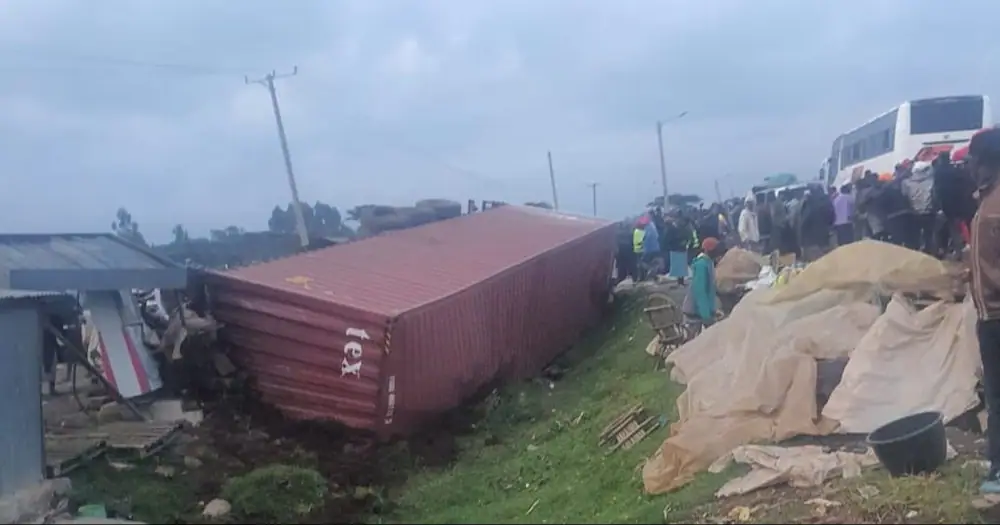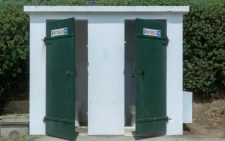Act on Londiani accident to safeguard hawkers

That over fifty people lost their lives at Londiani, and life went back to normal almost immediately is staggering. Londiani junction is a favourite stopping point for people travelling to Western Kenya. It is where, for Westerners, the familiarity of home begins.
Hawkers run around bus windows with roasted maize, sometimes still warm from the fire, and you can pluck one grain and taste for softness and sweetness before your Sh30 leaves the hand for the hawker’s pocket. Other hawkers have tea leaves and an assortment of food items, particularly groceries.
At Londiani you can buy cabbage, sukuma wiki, onions and tomatoes, saving you the trouble of shopping again when you arrive at your destination.
Shopping in Londiani is not exactly cheap, but when coming from Nairobi, a little extravagance seems just fine, and it seems people from Western had long come to terms with their Londiani and would stop there anyway.
It is now a settled place with stalls filled with groceries and marked with fancy names and cell phone numbers to allow for M-Pesa transactions. Traders have business cards in case you want to make advance orders.
It is that stop where last week’s nightmare happened when the trailer in Ross-regional transport lost its way and plunged into these crowds. It left in its wake mangled vehicles, flattened stalls, broken bones, and lives lost.
Yes, lives were lost. Typical of Kenya, officials made a beehive to the place, made the usual promises: vowed to clear hospital bills, meet funeral expenses, held a funeral service, and drove away.
Two days later, the traders and their patrons were back. Londiani is not an isolated case; such unplanned trading occurs nationwide and on the main highways.
Whether it is Mombasa Road, Ngong Road, Waiyaki Way driving in the traffic is a nightmare, and an accident waiting to happen, with hawkers running after moving vehicles.
It is evidence of how cheaply policymakers take the life of the poor. Hawking from these spots is a dangerous game of determination, not for the faint of soul.
Vehicles come down at high speed while hawkers, their wares in their hands, sometimes hanging from across their bodies, stand on the lines separating traffic, and any little mistake from either the driver or the hawker could lead to death. How can this remain normal for Kenyans?
Often than not, hawkers may be cleared from a section of the road, but they will soon be back, and the enforcement will be of little consequence, as the stalls will be quickly built up again.
Politicians looking for cheap publicity and feigning concern for the welfare of the people will be on the political podium defending the right for hawkers to be allowed to do their thing.
Hawking from these spots is certainly not dignified and exposes hawkers to untold risk, as the Londiani accident demonstrated. If we cared for the citizens at the bottom of the economic pyramid, a more dignified approach would be in order.
There is evidence that such a sustained approach, however unpopular it may be at first, would be the right thing to do to bring dignity into the lives of hawkers and order in areas where hawking occurs. Kisumu has been leading the way in dealing with this unplanned trade. The government erected stalls that moved traders away from the roads and provided space for patrons to walk to the stalls and make their bargains.
When planned, hawking can be dignified, allowing the government to collect revenue from the sector. Not only will safety of the traders be secured, but security of patrons will be provided for. If politicians and policymakers cared for poor Kenyans, Londiani accident would be a wake-up call and painful steps of moving the hawkers from danger, however unpopular, would have to be taken – and enforced.












